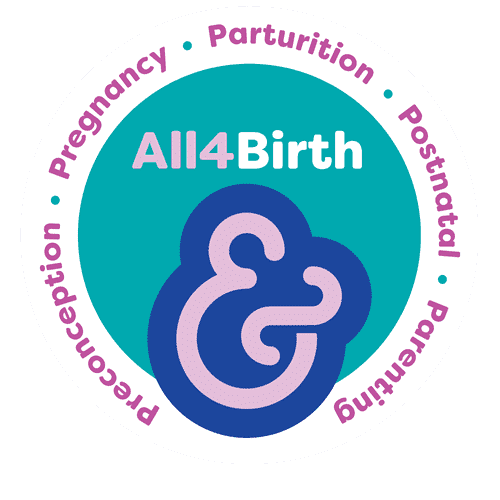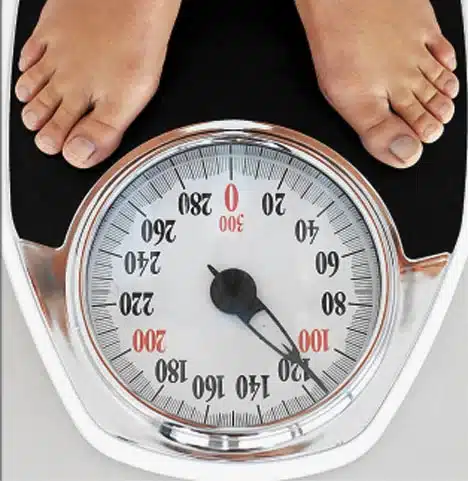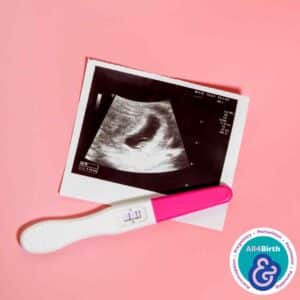Preconception Health from a Medical Perspective
By Dr Natalie Elphinstone
Obstetrician
Instagram @drnatalieelphinstone
Summary
Before you actively start trying to conceive it’s important to consider an appointment with your GP or OBGYN 2 or 3 months in advance. They can check on your general health or any specific medical conditions you might have, including genetic conditions you might not even know you have. There will be time to order any tests, start the right supplements, have vaccines and discuss strategies to lose weight or stop smoking if required. This will ensure you’re in the best condition you can be to conceive a healthy pregnancy.
What’s on your checklist of things to prepare before you start trying to conceive? If your mind goes automatically to a lovely dinner date, some candles and bubble bath that’s a good start. But have you also considered shopping for prenatal vitamins, nicotine patches and at-home genetic testing kits? They might not all be relevant to you, but can I encourage you to consider booking an appointment with your GP or OBGYN at least two or three months prior to your restaurant reservation because there are some important checks and tests that are ideally discussed before you’re pregnant.
Some of the topics that may need to be covered include:
General health check up
Weight, Diet and Exercise
Being overweight reduces your chance of becoming pregnant, and then once pregnant it can increase your chances of pregnancy complications for both you and your baby. Taking active steps to lose weight with dietary or exercise modifications (and possibly considering bariatric surgery if appropriate) prior to pregnancy is recommended. (1)
Smoking, Alcohol and other Drugs
Smoking during pregnancy increases the risk of miscarriage, congenital abnormalities, premature birth, stillbirth, SIDS and chronic diseases such as asthma for the baby. The same is true for women who breathe in ‘second hand smoke’. Quitting is the best thing you and your partner can do for you and your baby’s health. E-cigarettes and Vaping may not be a safer alternative as this industry is still quite unregulated and many hazardous chemicals have been found in e-cigarettes. (2) Counselling, nicotine patches and telephone support services have been shown to be effective in reducing smoking. (3)
There is no known safe level of alcohol, cannabis, or other recreational drugs during pregnancy and so the advice is to avoid them altogether.
Other Checks:
Are you due for a Cervical Screening Test? Have you ever had your blood pressure or cholesterol checked? Has someone ever listened to your heart for the presence of murmurs, or examined your thyroid for nodules? What about your mental health? Your doctor will know what’s relevant to you based on your individual circumstances.
Dietary Supplements:
A healthy balanced diet is strongly recommended before, during and after pregnancy.
Folic acid:
Folic acid supplements containing 0.4mg a day should be taken for at least 1 month before trying to conceive and throughout the first trimester of pregnancy to reduce the risk of neural tube defects (NTD) such as spina bifida. For women at an increased risk of NTD a dose of 5mg a day is recommended. That includes women with a family history of NTD, those with a BMI over 30, those with diabetes, or taking anti-seizure medications.
Iodine:
All women trying to conceive should take an iodine supplement of 150mcg a day.
Others:
It may also be worthwhile checking your iron and vitamin D levels with a blood test to see if you need supplements for these as well, or just starting a supplement for them if you’re likely to be deficient. And if you are vegetarian or vegan (or don’t eat a lot of red meat, diary or fish) you may also need to consider supplements for Vit B12, calcium and omega-3. (4)
Pre-existing medical conditions:
Do you have a pre-existing or chronic medical condition? Speak to your doctor about whether your condition might be made worse by a pregnancy, and also talk about whether your condition might carry specific risks for a pregnancy.
In particular, if you taking any regular medication that might be harmful in pregnancy this needs to be reviewed before you conceive. Do you still need to be on this medication at all, or is there an alternative medication that would be safer in pregnancy that you should change to? (5)
Vaccinations:
Are there vaccinations that you need to have now because they’re due? For example, influenza is a serious disease for pregnant women as they’re twice as likely to need admission to hospital with the flu than the general population. The best way to protect against the flu is by vaccinating against it. A new flu vaccine is released every year, designed to protect you against the strains of flu that are predicted to be the most common that season. Therefore you are advised to get the flu vaccine every year.
Are there vaccinations that you need to have now because you’re not immune to a certain disease?
Your doctor may want to check your immunity to certain conditions that you have already been exposed to (either by having the disease or having a vaccine before), but this immunity may also decrease over time. Certain conditions such as rubella or varicella are potentially harmful to you and your unborn child if you were to have them whilst pregnant. There are vaccines against both these conditions, but they ones that are suggested not to have whilst pregnant. Therefore they are advisable to have at least one month prior to conceiving.
Talk to your doctor about whether other vaccines are applicable to you such as COVID, Hepatitis B or Pneumococcal. (6)
Genetic Conditions:
There are certain genetic conditions that you and your partner might be at risk of passing onto a child that you won’t necessarily know about unless you test for them. That’s because a healthy couple with no family history can be carriers of a genetic change without knowing it. It is possible to test for many hundreds of genetic conditions now via a test called “Reproductive Carrier Screening” and this is ideally performed prior to pregnancy so that if you’re affected you can have time to understand and consider your options. (7)
These are just some of the topics that you might need advice on prior to conceiving, and if any problems are detected, you will need time to explore them further so that you can be in the best possibly condition to enter a pregnancy. It’s never too early to chat to your doctor about your pregnancy plans.
Links to resources
 References
References
- Management of Obesity in Pregnancy Guidelines. [Online] RANZCOG. [Cited: 26 March 2023.] https://ranzcog.edu.au/wp-content/uploads/2022/05/Management-of-Obesity-in-Pregnancy.pdf.
- E-Cigarettes and Teens; What You Need to Know. [Online] QUIT. [Cited: 26 March 2023.] https://www.quit.org.au/articles/teenvaping/.
- Substance Use in Pregnancy Guidelines. [Online] RANZCOG. [Cited: 26 March 2023.] https://ranzcog.edu.au/wp-content/uploads/2022/05/Substance-use-in-pregnancy.pdf.
- Pregnancy and Food Safety. [Online] NSW Food Authority. [Cited: 26 March 2023.] http://foodauthority.nsw.gov.au/foodsafetyandyou/life-events-and-food/pregnancy/pregnancy-and-food-safety .
- Pre-Pregnancy Counselling Guidelines. [Online] RANZCOG. [Cited: 26 March 2023.] https://ranzcog.edu.au/wp-content/uploads/2022/05/Pre-pregnancy-Counselling-C-Obs-3a-Board-approved_March-2022.pdf.
- Australian Immunisation Handbook. [Online] [Cited: 26 March 2023.] https://immunisationhandbook.health.gov.au/contents/vaccination-for-special-risk-groups/vaccination-for-women-who-are-planning-pregnancy-pregnant-or-breastfeeding.
- Genetic Carrier Screening Guidelines. [Online] RANZCOG. [Cited: 26 March 2023.] https://ranzcog.edu.au/wp-content/uploads/2022/05/Genetic-carrier-screeningC-Obs-63New-March-2019_1.pdf.
 Websites
Websites
Planning your pregnancy – Planning your pregnancy – NHS (www.nhs.uk)
Preconception Health – Preconception health (thelancet.com)














